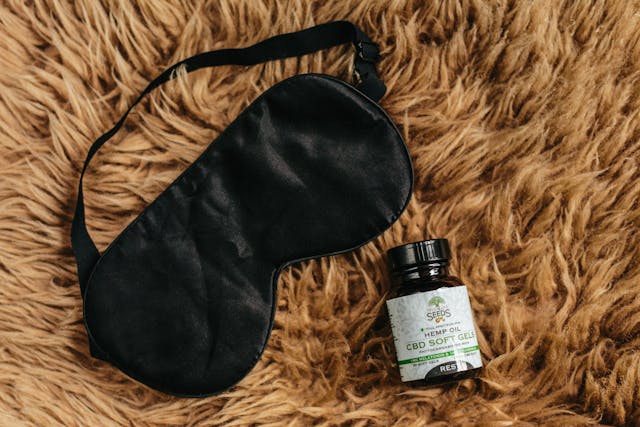In recent years, a lot of conversation has revolved around the potential mental health benefits of cannabidiol (CBD) in managing anxiety related to post-traumatic stress disorder (PTSD) and other mental health conditions. The current clinical evidence mostly leans positively toward using CBD in a controlled way as part of treatment. However, there are potential risks and side effects that you should know before taking it.
What Is CBD?
Cannabidiol (CBD) is a compound derived from cannabis, a plant used for medicinal purposes for thousands of years. Cannabis is also the plant that produces tetrahydrocannabinol (THC), the compound found in marijuana that leads to euphoria and feeling “high.”
CBD does not have the same psychoactive properties of THC, meaning it can offer people some of the anxiety-reducing effects of marijuana without the additional effects of being under the influence of drugs.
CBD works by interacting with receptors in the central nervous system. These receptors can send signals to the brain that trigger a calming effect, something that can be helpful for people living with hyperarousal due to PTSD.
How Does CBD Counteract PTSD?
No clinical evidence supports cannabis as a treatment for PTSD. However, CBD-specific treatments may be helpful at helping alleviate symptoms related to anxiety and stress in PTSD patients.
By subduing an overactive nervous system and triggering relaxation, CBD could help someone with PTSD experience less intense symptoms.
At the same time, it’s important for anyone with PTSD to work with a trauma-informed therapist who can help them navigate their symptoms using clinically supported treatments like cognitive behavior therapy (CBT) and eye movement desensitization and reprocessing (EMDR).
What Other Conditions Can CBD Help With?
Research of CBD for mental health disorders is still in its infancy, so there is no conclusive evidence that it’s an effective treatment for any psychological condition. However, emerging research suggests that CBD may be helpful for people who struggle with anxiety disorders, namely generalized anxiety disorder and obsessive-compulsive disorder.






